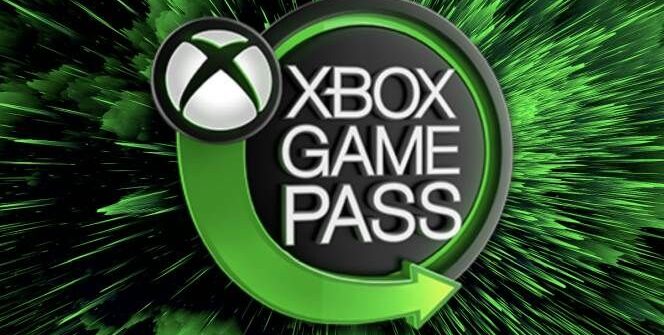Xbox boss Phil Spencer also spoke about how Call of Duty would be handled if Microsoft took over Activision Blizzard and mentioned the metaverse.
Earlier today, we reported here that Spencer believed the Xbox Game Pass could get more expensive and that consoles could see a price increase, but in an interview with the Wall Street Journal Tech Live, he talked about other subjects as well. For example, what percentage of Microsoft’s gaming division Xbox Game Pass will make: “I think [Game Pass] will stay in that 10 to 15 percent of our overall revenue, and it’s profitable for us. We’re seeing incredible growth on PC… on console, I’ve seen growth slow down, mainly because at some point you’ve reached everybody on console that wants to subscribe.”
While Microsoft may be showing pretty good hardware sales results, the Redmond company needs to catch up in games. Spencer sees free-to-play as the fastest-growing video game model as the way forward. Still, we’re waiting to see such an approach from Microsoft, while rumours already suggest that The Last of Us multiplayer game could have a free-to-play, live-service model at Sony. Spencer may need to be more accurate with Game Pass’ success (while not giving figures) to own Activision Blizzard…
But if that happens, what will be the fate of Call of Duty? He elaborated: “When we acquired [Minecraft], it was on, I think, 12 platforms, and now it’s on like 22 platforms. We intend to treat Call of Duty very similar to how we’ve treated Minecraft.” He sees Starfield and The Elder Scrolls as traditional exclusives in the same way that The Legend of Zelda and Mario fill that role for Nintendo. Still, he may be saying it just to obtain ActiBlizz, and Call of Duty potentially staying multiplatform could be a compromise.
There was also talk of metaverse: “If I think about videogames, for years, we’ve been putting people together in 3D spaces to go and save the world from invading aliens or conquer the castle. Building a metaverse that looks like a meeting room, I find that’s not where I want to spend most of my time. I think [virtual engagement] will look more like videogames than some of the models I see from the metaverse today.” Palmer Luckey, who founded Oculus VR (now Meta Reality Labs) ten years ago, had a much harsher opinion of Mark Zuckerberg’s product, which he says is like a concept car that he pours money into relentlessly: “I don’t think it’s a good product. It’s not. It’s not fun; it’s not good. Most team members would agree that it’s not currently a good product.”
Herman Narula, CEO of Improbable, agreed with Spencer that today’s games could be treated as mini-metaverses. Still, he said that the metaverse doesn’t work exclusively in video games: “Videogames already work well. Videogames are great closed systems of value. If you enjoy Call of Duty or World of Warcraft, they will keep on being fun for years to come. The metaverse is the idea, at least in my view, that you can start connecting these experiences, and that’s a lot less interesting to game companies than it is to, say, sports leagues or fashion brands.”
You can’t argue with them on that…
Source: WCCFTech, WCCFTech, PCGamer
















Leave a Reply